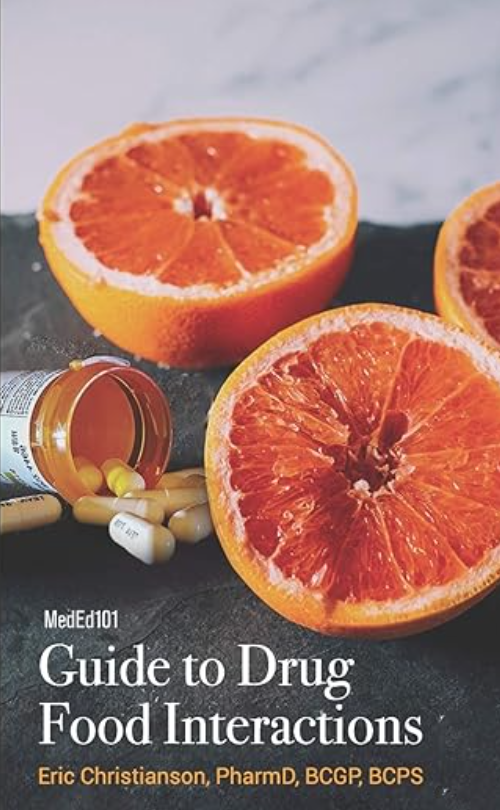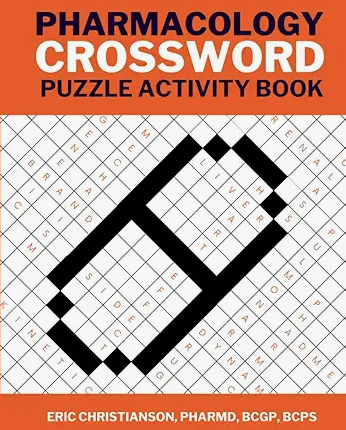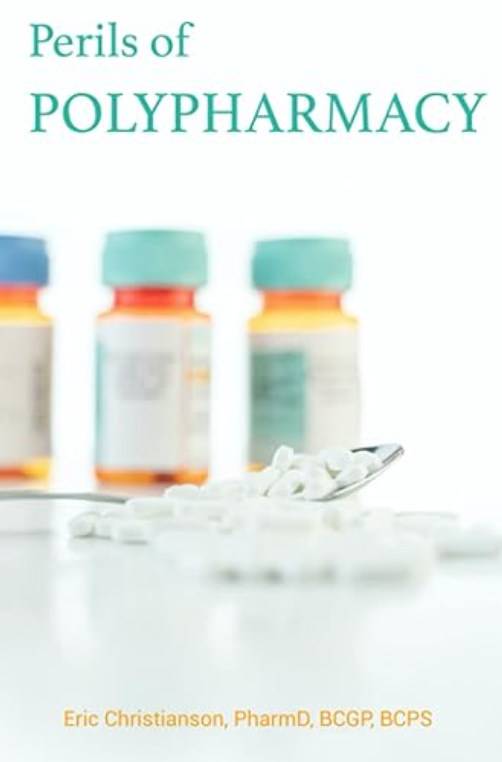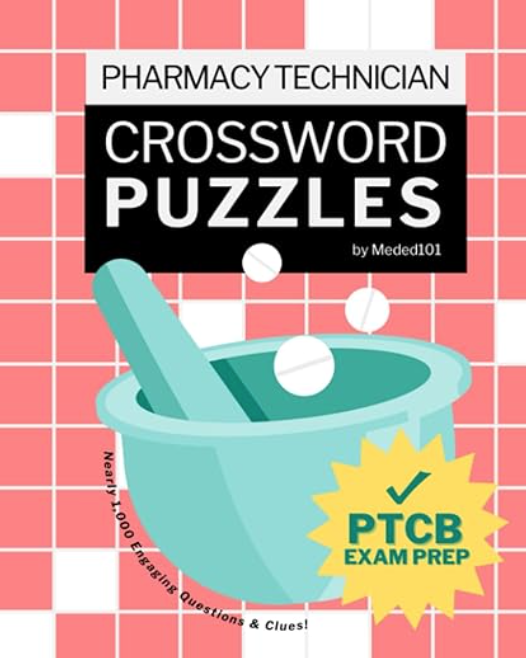I have many patients who take garlic supplements. One of the interactions I remember learning in pharmacy school is that garlic has the potential to increase the risk of bleeding when taken in combination with blood-thinning medications such as warfarin, DOACs, aspirin, and clopidogrel. How clinically significant is this interaction between garlic and blood thinners and how should we handle it?
There is conflicting evidence on whether garlic increases the bleeding risk and by how much. In general, my approach is to do no harm so I err on the side that it may increase the risk of bleed. Surgeons tend to agree with this approach and generally recommend that patients stop it before surgery.
Garlic Benefits
What are the benefits of garlic and why is the patient using it? These are the first two questions I always have when assessing if a medication should continue. Direct evidence of benefit may be hard to quantify on a patient level. It gets really complicated, really fast when you start to look at review articles such as this one.
There is often conflicting evidence in studies where one shows benefit and another doesn’t. In addition, many patients are often not taking a similar dose (and manufacturer product) to the one that was studied for the given condition. Taking that into consideration, I tend to steer clear of most supplements if the patient is just taking them for “general health” or my “neighbor told me it’s good for me”. If it is for a specific indication, I try to take the time to research what evidence we have to give them a better answer as to why they should or shouldn’t continue it.
The Patient Wants To Continue Garlic
Inevitably, you will encounter situations where the patient wants to continue taking a supplement that they feel is benefitting their health. In this scenario, we must monitor for the potential risks. In the situation of garlic and blood thinner drug interactions, I’m going to monitor for an increase in bleeding and bruising and assess labs as applicable (i.e. INR, hemoglobin). If there has been any history of significant bleeds with garlic on board, I’m strongly encouraging the patient to stop taking it.
Another consideration that comes to mind is to reduce the dose of garlic. Common sense tells us that the less garlic that is used, the less likely it is to cause adverse effects. I’m not aware of any great guidance on how much is enough to reduce the risk of bleeding but it may be an option to try to find some middle ground with the patient who believes they need to continue their garlic.
What other strategies would you employ when handling garlic and blood thinners interactions?
- 30 medication mistakes PDF
- 18+ Page Drug Interaction PDF
- 10 Commandments of Polypharmacy Webinar based on my experiences in clinical practice









0 Comments